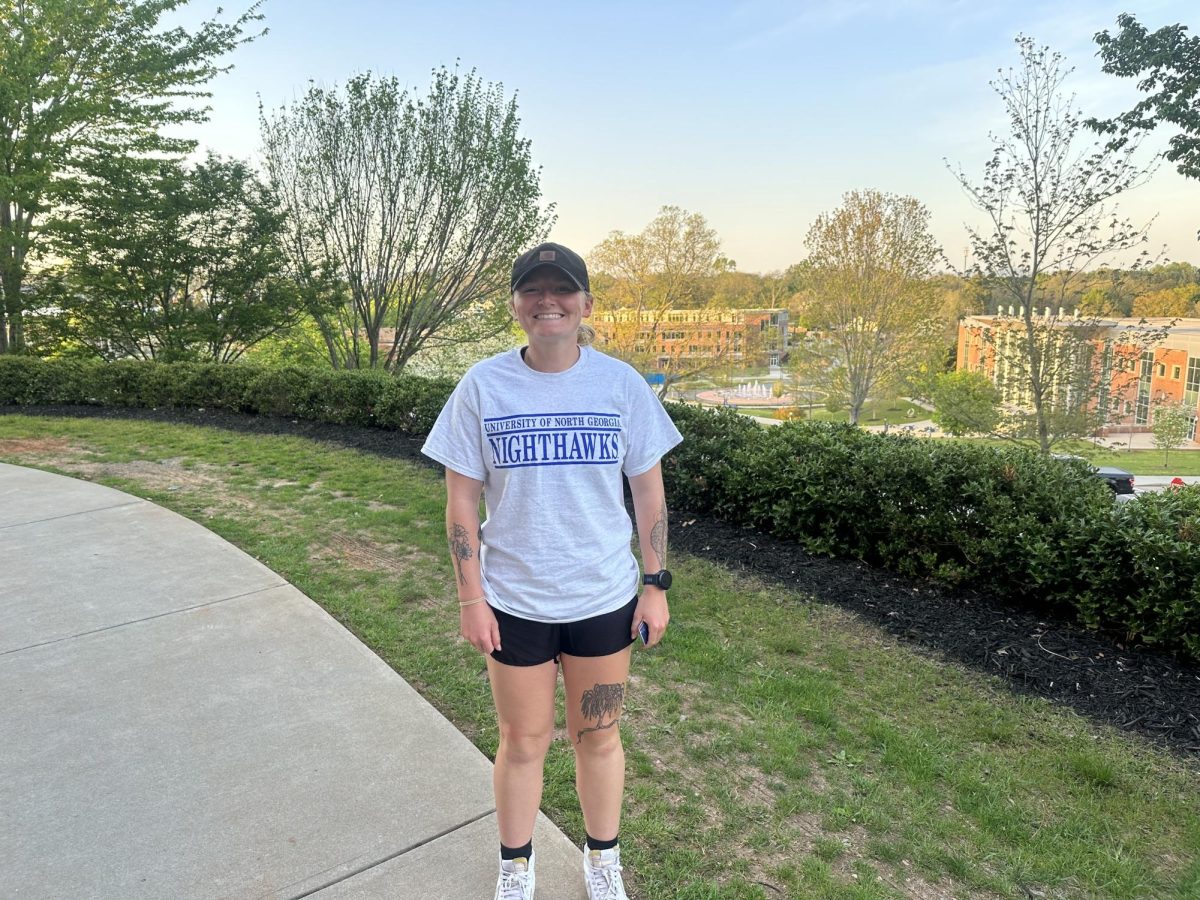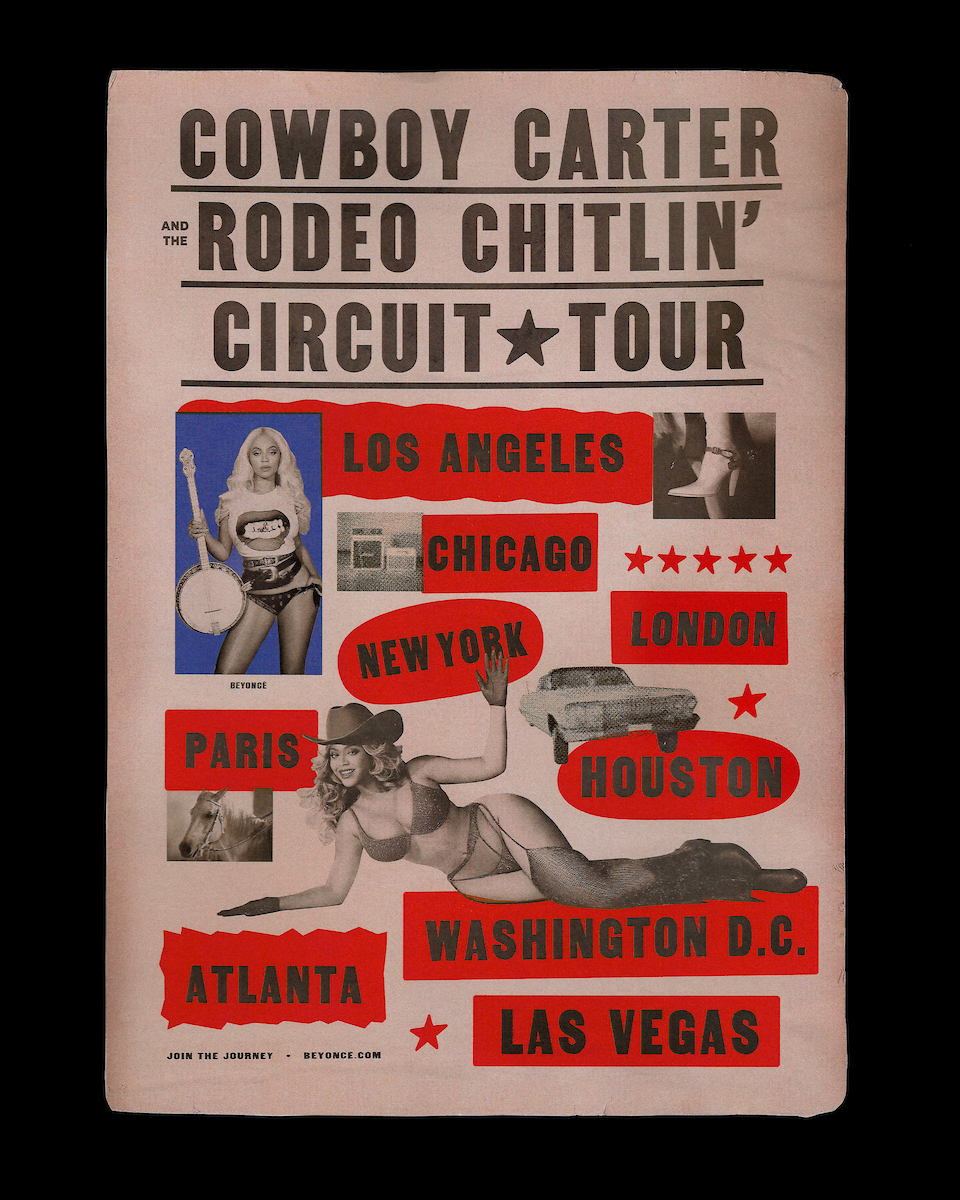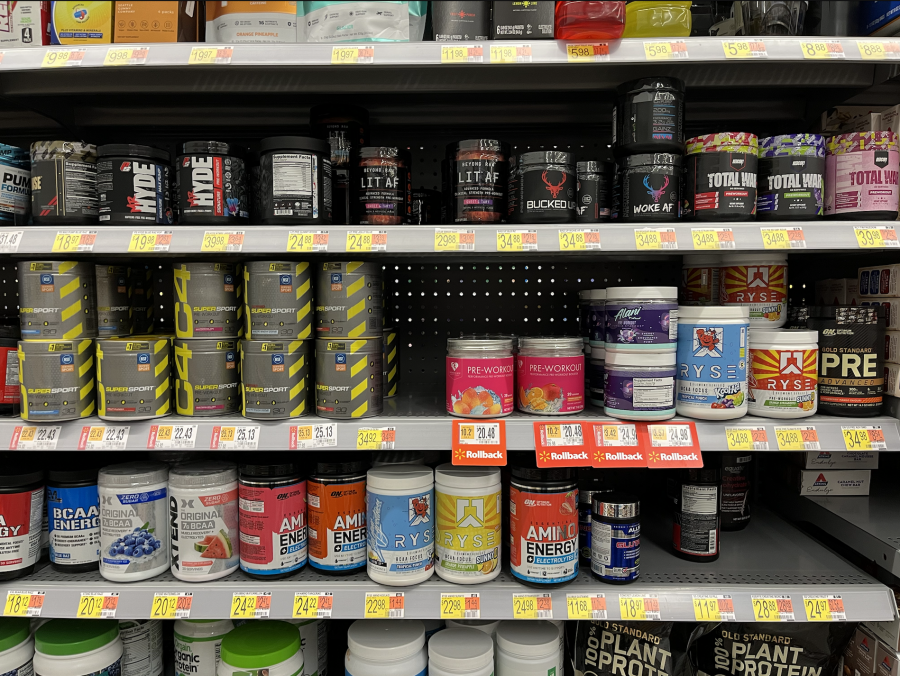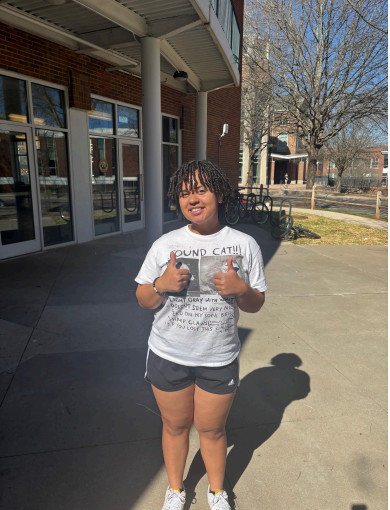To scoop or not to scoop? For many University of North Georgia students, this is a daily choice prior to working out. Some bodybuilders, though, find use of pre-workout products like “Gorilla Mode” and “Cellucor C4” a point of contention.
Such products are marketed as a way to improve exercise performance and increase lean muscle mass, as well as provide users a better “pump,” using ingredients like creatine, caffeine and nitric oxide boosters. But there is ongoing debate about whether someone can be considered “natty,” meaning one’s muscle gains are natural, if they regularly take multi-ingredient pre-workout supplements to grow and maintain the muscles they develop.
Fitness is a vital part of life for many UNG students, like sophomore kinesiology major Kaitlyn Robinson, who finds that “UNG is a very physically active campus” because “every person you talk to is either going to the gym or does some other sort of physical activity.” The Dahlonega campus’s Rec Center “can get pretty crowded,” says Robinson. Within such an active environment, many students feel pressure to hit the gym as frequently as possible to reach their fitness goals. “My friends and I all go 5 to 6 times a week,” says Robinson.
Some students seek to achieve their fitness goals is through use of pre-workout supplements, whose safety and reliability is somewhat controversial, despite its primary active ingredients being caffeine and creatine, “one of the most studied and effective ergogenic aids for athletes” according to the National Institutes of Health (NIH).
Students have different understandings of the term “natty,” a slang term in the fitness community whose popularity has increased significantly in the past year. Freshman physics major Will Lucas, for instance, defines it as “only taking supplements that the body can use as they are found in nature,” while Robinson understands it to mean “getting to your physique without the use of performance enhancement drugs such as steroids.”
Lucas says he would consider someone natty if they were to take pre-workout but no additional supplements, “because [pre-workout] isn’t aiding them to build muscle in an unnatural way. It is basically just giving them more energy to work and break down muscle rather than taking [testosterone] or steroids to force their body to make more muscle.”
Certified International Sports Sciences Association personal trainer Tanner Wilson, who takes pre-workout “almost every time” he works out, says “many people take [pre-workout supplements] to give them the extra energy to go to the gym and push themselves to the max.”
For many UNG students, pre-workout offers a convenient stimulatory alternative to coffee or nicotine to get them through their workout. “Most people [at UNG] have busy schedules and use it to get that extra energy they need for their workout,” says Robinson. Lucas, who does not take pre-workout, suggests college students find pre-workout appealing “…because it makes their time in the gym feel more productive, and they can do more with what feels like less effort.”
According to the NIH, “In recent years, a new class of dietary supplements called multi-ingredient pre-workout supplements has increased in popularity.” This rise in popularity is marked by a surge in new pre-workout products backed by familiar brands and influencers like Bang Energy and Chris Bumstead, which advertise that they provide “increased focus and drive” to their users.
According to a Harvard study, “Like other dietary supplements, the Food and Drug Administration (FDA) does not review workout supplements for safety or effectiveness before they are sold to consumers.” Wilson believes there “should be a little more transparency in the industry because companies try to hype up the product by using the amount of caffeine as a selling point… If you look at a container it says in tiny print that it could be harmful if too much is taken and I think that piece of information should be more visible and talked about.”





































